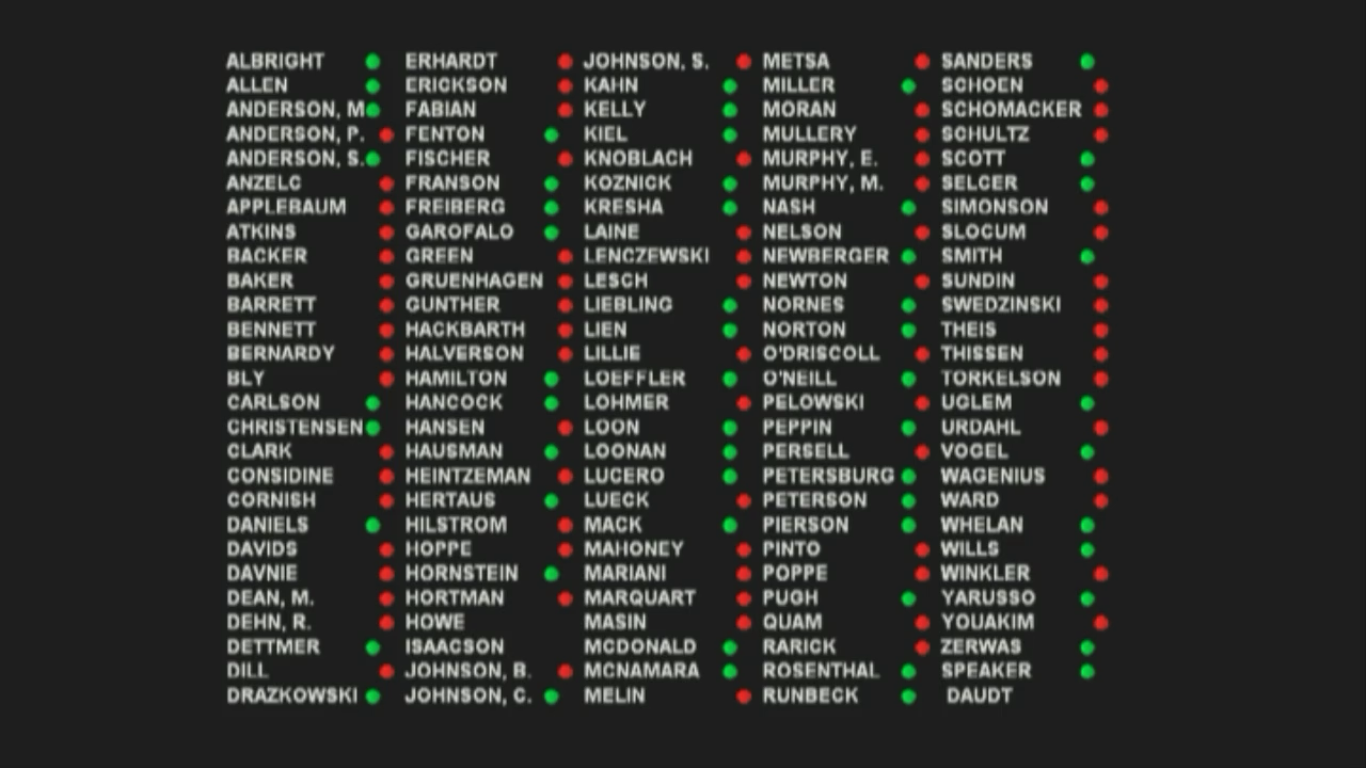Beer is one of the oldest beverages known to man. Many believe that beer changed early humans from nomad hunter/gatherers to farmers, thus giving birth to civilization as we know it. The fermented malt beverage has taken many forms and evolved wildly over the centuries, but has been a cornerstone in many countries and cultures.
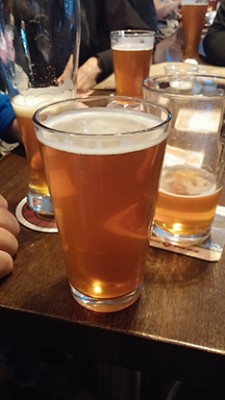
Beer is used for any situation. When you’re having a great day, you throw your pint into the air proclaiming your joy and sharing it with the world. On a bad day, you drown your sorrows in a pint while trying to forget life’s trouble. We use beer for currency and for repaying favors. Most importantly, we use beer as an excuse to meet and catch up with old friends, while potentially meeting new ones.
Before we go further into it, remember to follow me on Twitter @TCBeerDude
Now I’m no anthropologist or historian, but I am wildly introspective and like to share what I discover. The reason I bring any of this up is that I recently purchased and drank a bottle of beer that cost me $56. To 99% of the world, that sounds completely insane. To the other 1%, that only sounds slightly insane. But why?
Firstly, $56 for a bottle of wine is certainly pricey, but not in any way unheard of. That’s $14 by the glass, which is a reasonably-priced wine at most upscale restaurants. For some reason, wine has become a symbol of artistry, and aristocracy whereas beer has become the drink of the working class.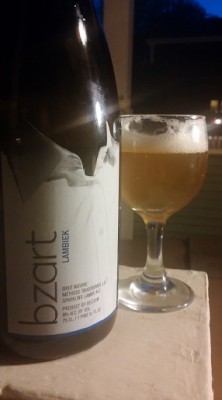
The beer itself was a gueuze, a lesser-known style of beer from Belgium that is a blend of two to three lambic beers of varying ages between 1 and 3 years. The lambic style is very hard to create and many lambics come specifically from breweries that make only lambic beers because of the difficulty with cross-contamination. Lambics ferment spontaneously from wild yeasts found in the cellars and buried in the barrels of these breweries, so making a beer without it usually requires separate equipment and holding vessels. It’s important to note that this style is very effervescent and has many properties like champagne, so to compare beer to wine, this would be a nice champagne for a special occasion. That helps to make that price tag sound a little more reasonable.
This particular beer was called Bzart from Oud Beersel Brewery in Beersel, Belgium. I picked one up from Elevated Beer Wine and Spirits in Minneapolis after talking with the owners there. None of us had tried the beer yet, so my curiosity overcame my budget. I popped the beer the following week as a bbq was winding down at a friend’s house.
As expected, the beer was good. Going into it, I compare it to Timmerman’s Oude Gueuze, which I enjoy quite frequently as one of my go-to celebratory beers that you can usually find at less than half the price of Bzart. I knew full well that Bzart was not going to be twice as good because the price was double, but I did have a feeling that it would be better. And it was.
What is a Beer Worth?
The money you spend on beer definitely has a diminishing return on investment. From $16 a 30-pack to $16 for a 12-pack, the quality of beer improves dramatically. From there, you move into bombers anywhere from $8 to $16 and you will usually find some really nice beer. From there, you get into the rare imports and super-small batch beers. All the while, the quality goes up, but with diminishing returns per dollar increase.
It also takes on a form of art. The purpose of art may be utility at it’s core, but as soon as utility is accomplished, tons more work goes into aesthetic. Sure, I could get drunk off cheap vodka, but that no longer has become the point. I have a sufficient beverage, but now you focus on the flavor, aroma and texture. These beers are about the story and the care it took to create such a delicate blending of flavors while using a yeast that cannot be tamed. It’s pure craftsmanship.
To determine what you should spend on beer is to determine at what point the diminishing returns are no longer worth it to you. Some are content with the $16 30-packs. Others want the 22oz bombers that cost the same. It depends on why you want that drink.
So why do we drink beer?
At the barbecue, I spent a while talking about this idea and it was interesting to hear other people’s opinions. Part of the reason for buying such a bottle was that beer knowledge is my job and my life. It literally pays my bills and I need to experience all that the world of beer has to offer in order to do my job properly — Yeah, my life is awful! 🙂
Again, I’m no anthropologist, but I do spend my fair share at the pub. We in Minnesota are a food and drink culture. We make plans around lunch, happy hour, dinner, and after-dinner drinks. When faced with the question of a venue for a reunion with long-lost friends or just an excuse to better know our colleagues, we turn first to the bars and restaurants to provide us with a medium and social lubricant that gives us common ground upon which to build an experience.
Beer was the first social media.
I bought and shared a $56 bottle of beer not for the beer itself, but for the opportunity to share the experience and opportunity to have that discussion with close friends. To me, drinking a beer is not the goal, but rather the method for sharing experiences and meeting like-minded individuals.
It can also be a psychological symbol that your time is now stress-free and not necessarily because you’re with others. You can unwind and have a beer and let the social hour begin or sit quietly at home with a bottle of beer with confidence that your day is done and you deserve that time to relax. For me, it is a time to stop and smell the roses — an indefinite stopwatch that lasts for 12 or 22 ounces and reminds me to enjoy the time that I have.

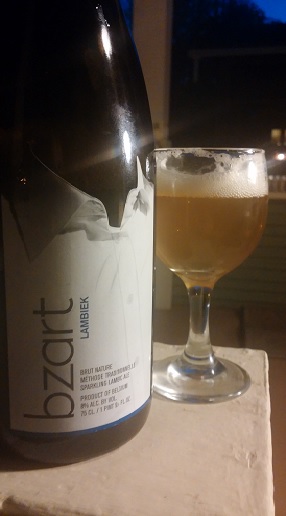
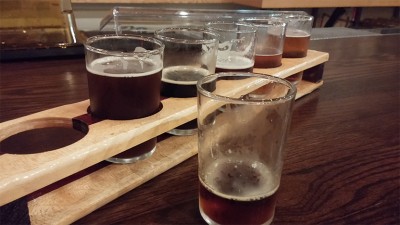



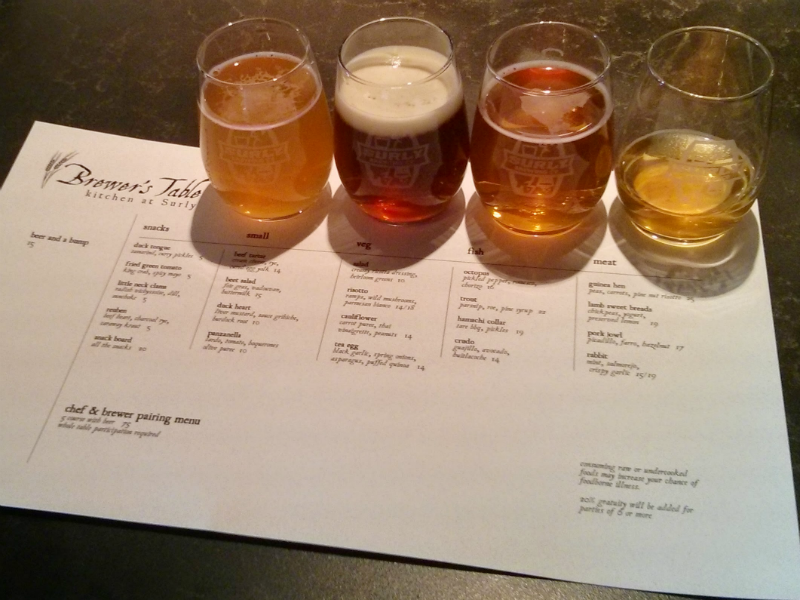 Look for the menu to change often. Not only does this keep the dining experience fresh, but it is necessary with the focus on getting ingredients from local or well-sourced farms.
Look for the menu to change often. Not only does this keep the dining experience fresh, but it is necessary with the focus on getting ingredients from local or well-sourced farms.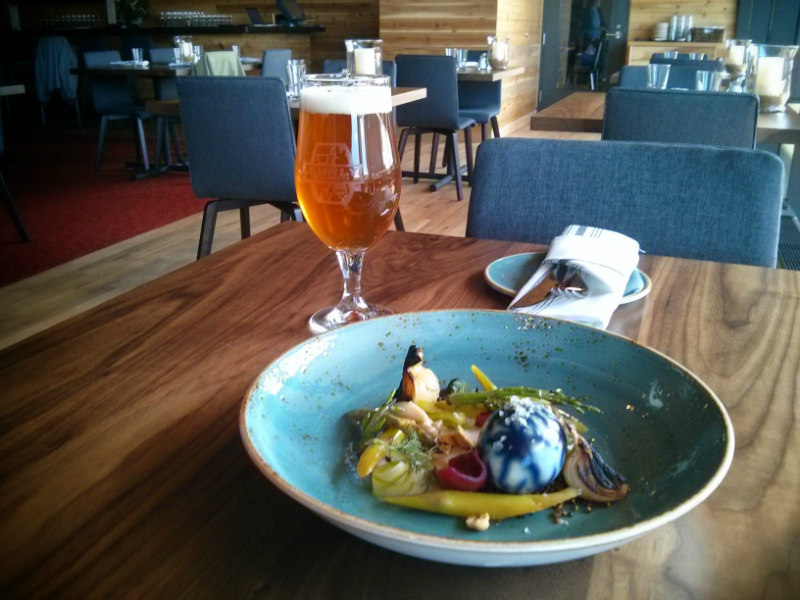


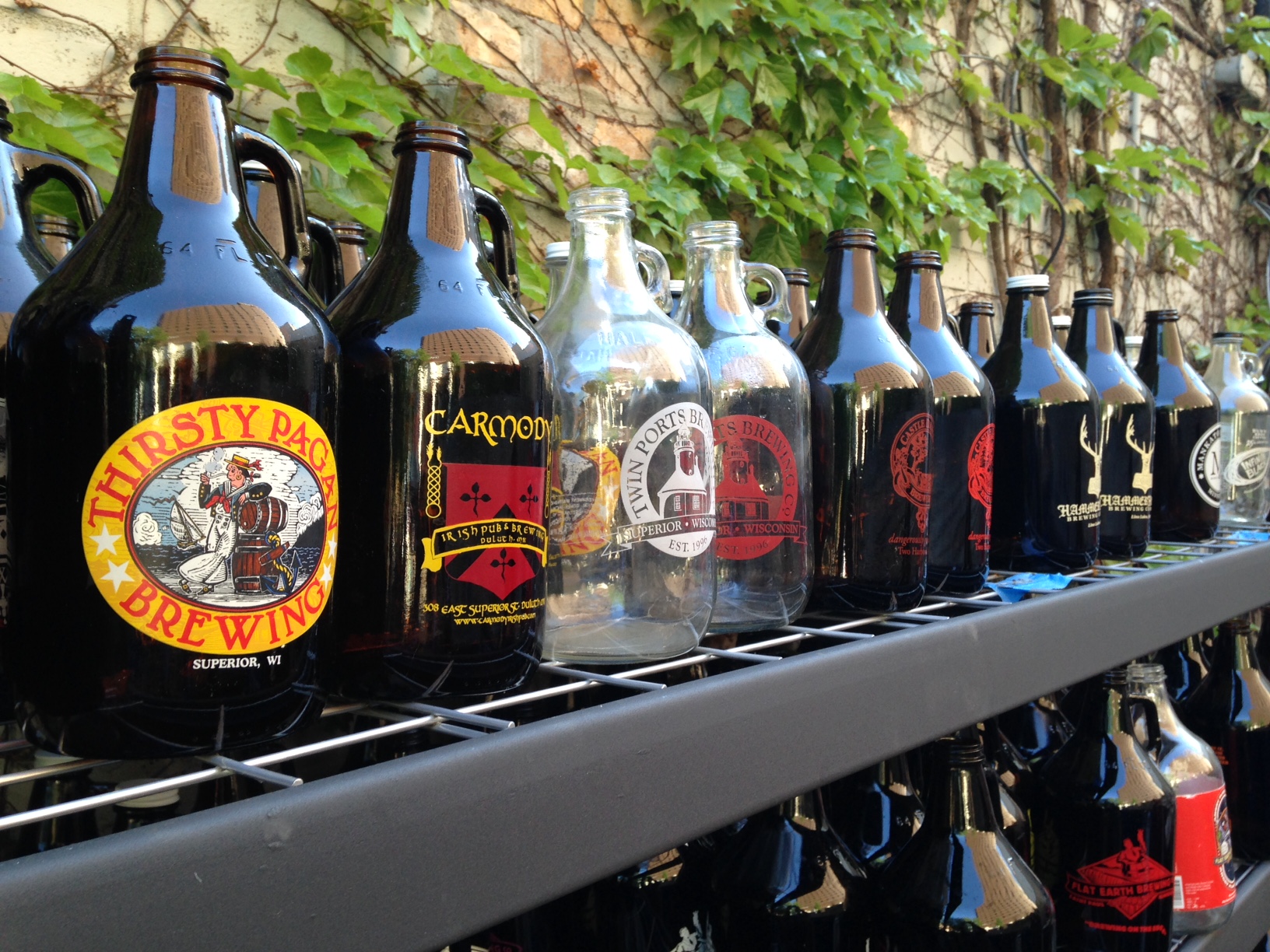
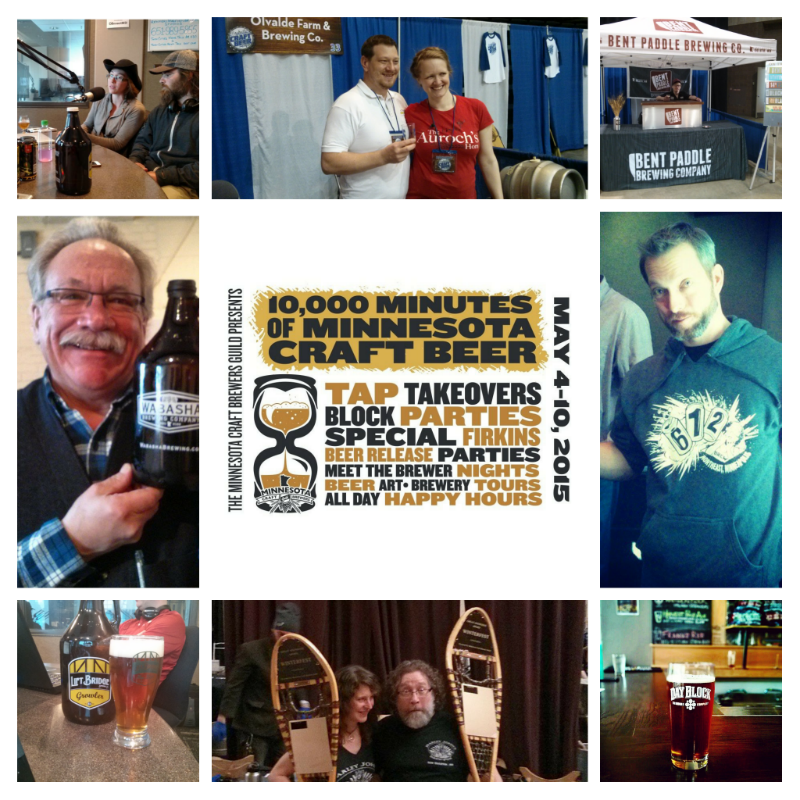




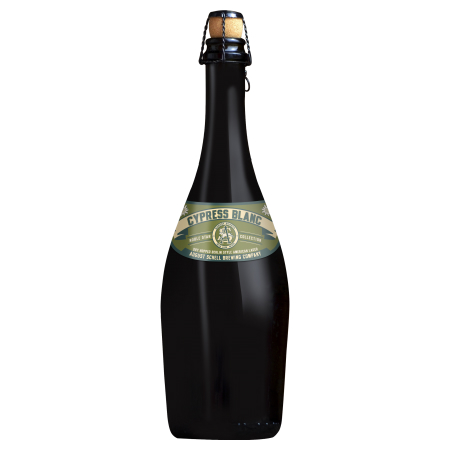
 It is hard to deny that Schell’s Brewery is hitting on all cylinders lately. Minnesota’s oldest brewery has proven themselves to be force in the marketplace while not being afraid to innovate on tradition. Cypress Blanc, August Schell Brewing’s newest release and latest in the Noble Star Collection, is a perfect example of taking tradition and twisting it just a bit.
It is hard to deny that Schell’s Brewery is hitting on all cylinders lately. Minnesota’s oldest brewery has proven themselves to be force in the marketplace while not being afraid to innovate on tradition. Cypress Blanc, August Schell Brewing’s newest release and latest in the Noble Star Collection, is a perfect example of taking tradition and twisting it just a bit.